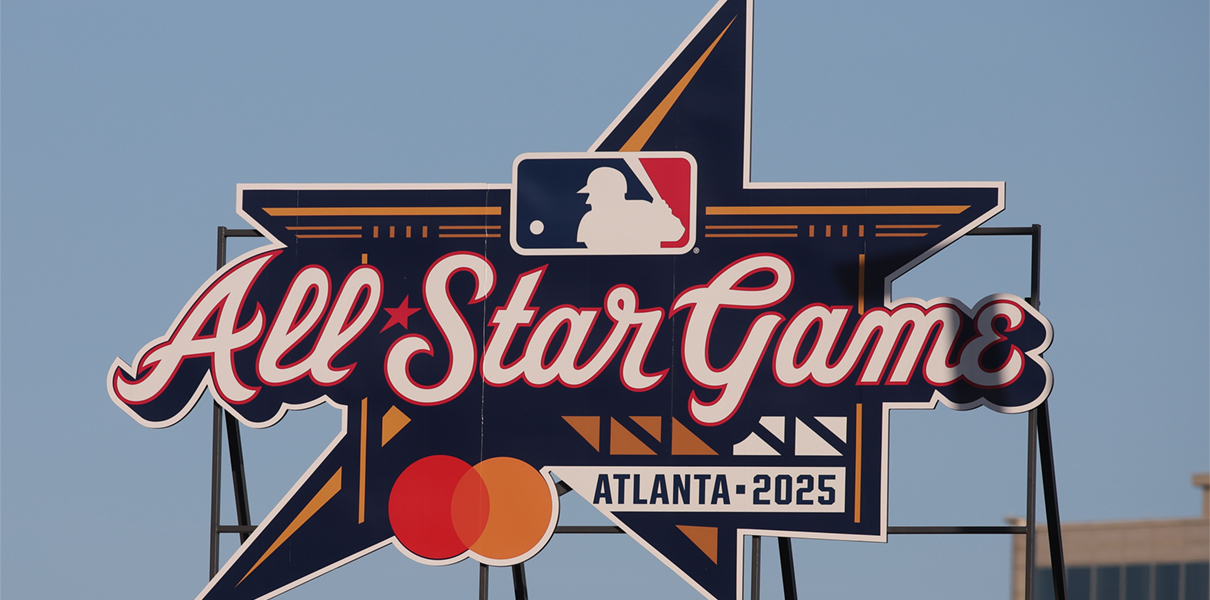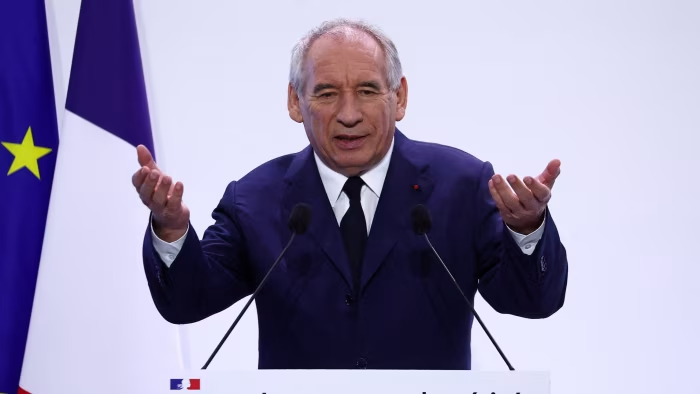Michael Porter Jr. trade grades: Nuggets, Nets accomplish divergent goals in win-win deal

After being in the rumor mill for more than a year, Michael Porter Jr. and Cameron Johnson will be trading places. On Monday, the Denver Nuggets agreed to send Porter and an unprotected 2032 first-round pick to the Brooklyn Nets in exchange for Johnson, according to ESPN’s Shams Charania.
Johnson, 29, is coming off the best season of his career. Just as important for Denver: He is on a far more team-friendly contract than the 27-year-old Porter is. Johnson will make $21.1 million in 2025-26 and $23.1 million in 2026-27. Porter, on the other hand, will make $38.3 million in 2025-26 and $40.8 million in 2026-27.
Nuggets trade Michael Porter Jr. to Nets for Cam Johnson as Brooklyn acquires valuable draft pick
Robby Kalland

The Nets, who are firmly in rebuild mode, used most of their remaining cap space in the trade. Denver, meanwhile, created all sorts of financial flexibility.
Let’s grade the trade.
Nuggets check multiple boxes
Remember the rumors about Denver trading Porter for Zach LaVine? This swap is a lot simpler. In a basketball sense, Johnson slides neatly into Porter’s starting slot and replaces Porter’s deadeye 3-point shooting. Offensively, he is a picture-perfect fit next to Nikola Jokicand Jamal Murray. He showed last season that he can create off the bounce when needed, but he has never been a ball-stopper and he won’t demand a ton of touches. He is not a lockdown defender, but he is a clear upgrade over Porter on that end.
I’d rather have Johnson than Porter on my team, but the difference between the two of them is not enough to justify sending away an unprotected pick seven years out. In the Nuggets’ situation, though, the difference between the two contracts is. They signed Porter to a five-year max deal in a completely different salary-cap environment, and their lack of financial wiggle room has magnified every mistake they’ve made in recent seasons.
In today’s environment, it is borderline miraculous that Denver was able to check so many boxes at once: It shed Porter’s contract, got better at his position, created a $16.8 million trade exception, got under the luxury tax and opened up the $14.1 million non-taxpayer midlevel exception.
Separately, the Nuggets brought back Bruce Brown on a one-year deal for the minimum, according to The Athletic’s Sam Amick. Brown left the team in 2023 after playing a significant role in its championship run. Denver desperately needed to add depth this offseason, and it already looks like it will be able to fill the holes on its bench.
This is not to say that the Nuggets fleeced the Nets. It’s to say that, with Jokić on the roster, they must try to compete for championships now, and this trade allows them to do so. The downside could be coming when Jokić is 37 years old in 2032. If he’s retired, diminished or playing for another team at that point, then that’s just the price you pay to do right by an all-time great in his prime.
One last point on Denver’s side: Johnson himself is an enormous winner here. He handled a challenging situation in Brooklyn last season as well as anyone could have, and the Basketball Gods seem to be have rewarded him for it. Right now, he is probably watching Jokić film and giggling. I can’t imagine a better place for him to land.
Nuggets’ trade grade: A
Nets sell at the right time
If Brooklyn could have gotten a draft pick with this much upside for Johnson at the trade deadline, it surely would have moved him then. It looks like the Nets waited until the right moment, though, because picks like this aren’t moved all that often.
Seven years is an eternity in the NBA. It is possible that Jokić will still be dominating in Denver in his late 30s, but the Nuggets themselves aren’t taking that for granted. Regardless of whether Brooklyn eventually makes that pick or moves it at some point in the next few years, it will be extremely valuable.
There is an opportunity cost here. Instead of taking on Porter’s contract, the Nets could have tried to be real players in free agency. In the end, they decided that they were better off in the long-term by grabbing this pick rather than chasing, say, Nickeil Alexander-Walker. Or Quentin Grimes. Or Ty Jerome.
This seems wise. After finishing with the league’s sixth-worst record last season and falling to No. 8 in the draft lottery, Brooklyn is setting itself up to tank harder next time. By drafting five players in the first round last week, the Nets made it clear that they are taking the long view.
Ideally, Porter will stay healthy and score efficiently enough that he has some trade value on an expiring contract a year from now. If ever there were a time to stretch his off-the-dribble game, this is it. Based on the style that coach Jordi Fernandez had Brooklyn playing last year, though, I don’t expect Porter to have an enormous playmaking burden. If he makes quick decisions offensively, he’ll fit in just fine and enjoy a neon-green light.
Johnson, who has made at least 40% of his catch-and-shoot 3s in each of the last four seasons, could have potentially brought back a player (or multiple players) younger than Porter with a higher chance of contributing to the Nets’ next playoff team. But while other options might have been more immediately exciting, I seriously doubt they would have landed a single asset more valuable than the pick they got along with Porter. Brooklyn was the only team capable of offering the Nuggets the salary relief they needed, and it took full advantage of that. There’s nothing wrong with a bit of delayed gratification.
Nets’ trade grade: A





